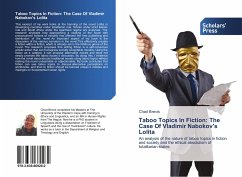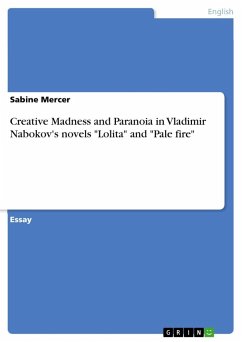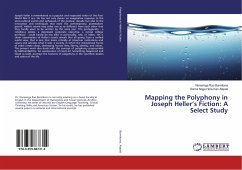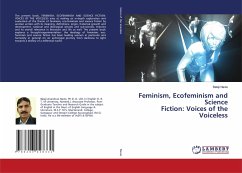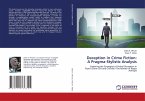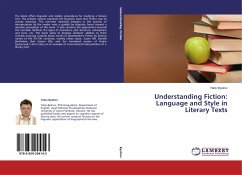This excerpt of my work looks at the banning of the novel Lolita in developing countries under totalitarian rule. Tehran under strict Islamic rule and South Africa under the Apartheid regime are analysed. The research analyses how approaching a reading of the novel with preconceived notions of morality has affected the free publishing and distribution of the novel. An important aspect of my book is the discussion of the various narrators in the novel;This effectively creates a fiction within a fiction, which is already set in the fictitious genre of the novel. The research proposes that writing fiction is a self-conscious artistic action that can transgress socially acceptable morality. Using the fiction as a catalyst, it can propose alternative morals and does not simply promote the taboo issues it discusses. By doing this, I evidence how the novel deconstructs traditional morals using taboo topics without making the novel undesirable or objectionable. My book concludes that fiction can use taboo topics to discuss alternative perceptions on worldviews, and that no fiction should be banned unless it violates and impinges on fundamental human rights.
Bitte wählen Sie Ihr Anliegen aus.
Rechnungen
Retourenschein anfordern
Bestellstatus
Storno

